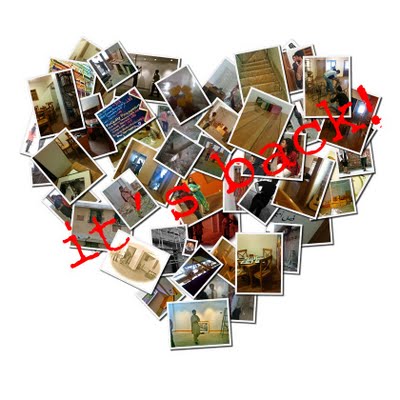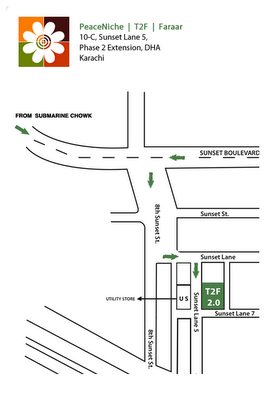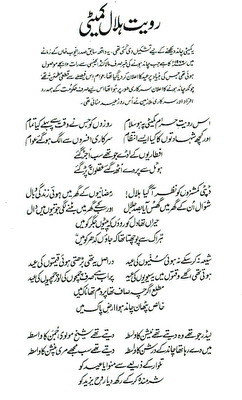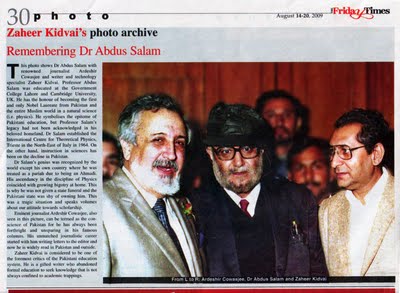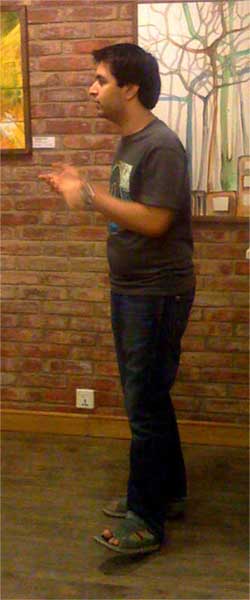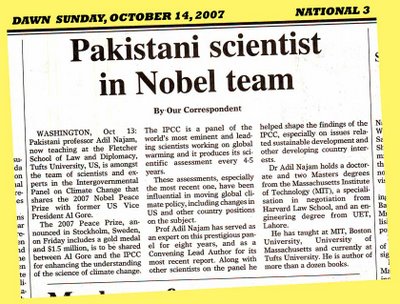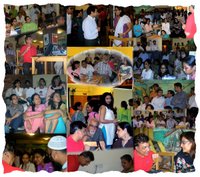The Shrinking World and the New Media
Under a fast-shrinking world, values and cultures are melding, egged on at dizzying speed by the new media. Whether we like it or not, cross-currents of influence
are altering our views and ways of life. How will the Education System prepare students for the conflicts that arise from this --- conflicts they will face within themselves, in their homes, and in their society?
The impact of media is certainly far greater than it ever was, or was even envisaged, except by visionaries such as Marshall McLuhan, most known for coining the now-clichéd term, "Global Village". One of his statements that requires careful consideration by educators is:
The new media are not just mechanical gimmicks for creating worlds of illusion, but new languages with new and unique powers of expression.Accepting this view, which is both valid and undeniable, we need to be introducing Media Literacy into our curriculu; and
soon. Many, around the world, are doing so already, equipping their students with the tools and the grammar of the new media. It is not just
desirable but
essential that our children not be left behind. With the plummeting costs of cameras and scanners, and the increasing access to computers in schools (
the recent MIT unit will accelerate this further), a modest beginning is not as difficult as it sounds. Podcasts and Blogs must be not only encouraged but be considered natural progressions in Language Arts and other areas of study. They are potent, allow more exciting ways of expression, engage the student, and cost almost nothing.
Concepts of Media Awareness have to be incorporated early, too, at
all levels of the Education system. After all, children are being targeted unscrupulously by mind-enslaving advertisements for products, while adult minds are continually bombarded with a variety of communication forms that blur all lines between truth, propaganda, and blatant lies - rendering their decision-making capabilities ineffective. The message being received is , as one activist poster had it:
Work, Eat, Buy; Consume, then Die! A great way to keep us all
engaged - during the time left between watching megasports, thought-preventing sitcoms, and pseudo-serious 24/7 news about non-issues: after all, how important is it to know which head of state received purely formal - often hypocritical - salutes on arrival in another country? All this goes on while the establishment slowly takes control of our personal liberties. [Note: Teachers and High-school students must be encouraged to read magazines such as
Adbusters - available online.]
These, and other related aspects,
are being incorporated into the curricula, in the Western schools, from fairly early class levels. Already results show that children can discern such matters far earlier than many parents and teachers imagine. We need to act
NOW, if we are not to have
this aspect of curriculum
also defined by those who neither understand our values, culture, and aspirations, nor can be rightly expected to know what we treasure or cherish and wish to preserve most. Let us be proactive, rather than reactive. As the saying goes, if we don’t take control of our lives, someone else will.
Recent memory and bitter experience tell us how educators, by distancing themselves from ICT (through fears, mistrust, and the resistance to change), handed over the reins in this field to technology-centred people and organizations. Soon, we ended up with tons of useless software and numerous proposed syllabi that, at best, revealed the ignorance of their authors, and, at worst, exposed their overarching desire to sell more hardware, with little or no thought for education.
Here's a plea:
Teachers, Educators, Parents, please understand that Ignorance is neither bliss nor an excuse if the future of your children is at stake. Please learn about the new media; its power, its impact, its potential dangers, and its numerous advantages. Much of value is available on the Internet, itself. Do not repeat the above mistake by surrendering to a syllabus designed by ‘media specialists’. Certainly not for the K-12 sector. On the other hand, respect them for what they
can do for Education. Let them help Vocational Training Centres develop and deliver courses for people wishing to join the Media Sector. Get them to sponsor, or help sponsor through their megabuck clients, community spaces, such as
Sarai in India.
*****
Finally, while there are many more aspects which will impact education and need to be considered, I will touch upon just one other matter close to my heart.
Regional Cooperation
In our region, this is a phrase on everyone's lips.
SAARC members are constantly looking at the European model, and the Indo-Pak peace process rests a large part of its success on people-to-people contact, at least on paper (Visas are still hard to obtain). Already ideas about a common currency (
Sasia has been suggested by SAF founder, Madanjeet Singh) are beginning to appear. All this brings about another set of complexities, but also provides tremendous opportunities. Here are some things that we must begin to think about and do:
• Consider ways in which shared histories can be used in the classroom to show how much more there is in common within the region, rather than always teaching about the wars which highlight only differences.
• Encourage student- as well as teacher-exchange programmes and SAARC regional scholarships. When youth meet and spend even a short while together, their personal friendships have a ripple effect that is unbeatable. YIP offers several examples.
• Introduce Peace Studies in schools.
• A jointly developed course on the Environment (which ignores man-made political boundaries) would not be difficult to put together. SAF is already supporting such an initiative.
• Sharing the massive expenses needed for developing really useful learning software, that could then be localized for each countries' national and regional languages, is an idea that can be followed up with Roger Schank (who is expected to be at the School of Tomorrow conference). Given the population sizes in our countries, the shared cost (per student / per year) of such courses would be easily affordable.
• Inculcate truly global and universal values, such as Tolerance and Mutual Respect, through the curricula. Underscore the importance of this through international projects with schools across the globe. Placing more stress on this, than on the differences that have served to divide our world, is an essential first step.
If all this does nothing else, it will at least make schools useful until the real thing comes along.
Labels: Activism, Books, Education, Environment, Events, Literature, Media, News, Pakistan, People, Personal, Politics, Rant, Religion, Science, Technology
